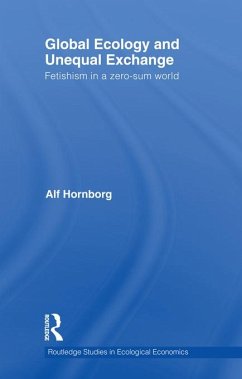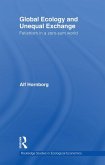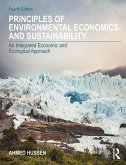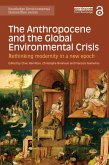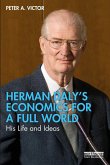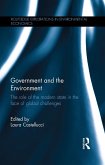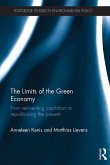We tend to think of the functioning of machines as if it was detached from the social relations of exchange which make machines economically and physically possible (in some areas). But even the steam engine that was the core of the Industrial Revolution in England was indissolubly linked to slave labour and soil erosion in distant cotton plantations. And even as seemingly benign a technology as railways have historically saved time (and accessed space) primarily for those who can afford them, but at the expense of labour time and natural space lost for other social groups with less purchasing power. The existence of technology, in other words, is not a cornucopia signifying general human progress, but the unevenly distributed result of unequal resource transfers that the science of economics is not equipped to perceive. Technology is not simply a relation between humans and their natural environment, but more fundamentally a way of organizing global human society. From the very start it has been a global phenomenon, which has intertwined political, economic and environmental histories in complex and inequitable ways. This book unravels these complex connections and rejects the widespread notion that technology will make the world sustainable. Instead it suggests a radical reform of money, which would be as useful for achieving sustainability as for avoiding financial breakdown.
It brings together various perspectives from environmental and economic anthropology, ecological economics, political ecology, world-system analysis, fetishism theory, semiotics, environmental and economic history, and development theory. Its main contribution is a new understanding of technological development and concerns about global sustainability as questions of power and uneven distribution, ultimately deriving from the inherent logic of general-purpose money. It should be of interest to students and professionals with a background or current engagement in anthropology, sustainability studies, environmental history, economic history, or development studies.
Dieser Download kann aus rechtlichen Gründen nur mit Rechnungsadresse in A, B, BG, CY, CZ, D, DK, EW, E, FIN, F, GR, HR, H, IRL, I, LT, L, LR, M, NL, PL, P, R, S, SLO, SK ausgeliefert werden.
- Stephen Gudeman, University of Minnesota, USA
"We view technology as akin to magic, creating value from nothing. Blending culture and ecological economics, Alf Hornborg shows that technical development is actually a zero-sum game. Technology transfers assets between countries, producing wealth in some regions while imposing labor and environmental costs elsewhere. All the while, money makes material resources invisible. Civilization, concludes Hornborg, has been built on the displacement of environmental damage. This book should be read by all persons concerned with technology, development, and trade".
- Joseph Tainter, Utah State University, USA
This is a wonderful volume on world historical ecology [...] Ecological degradation and the race for natural resources has played a central role in human socio-cultural evolution for millennia and in the capitalist world-system for centuries. This book helps us to understand the human past and to devise a collectively rational future.
- Christopher Chase-Dunn, University of California, Riverside, USA

